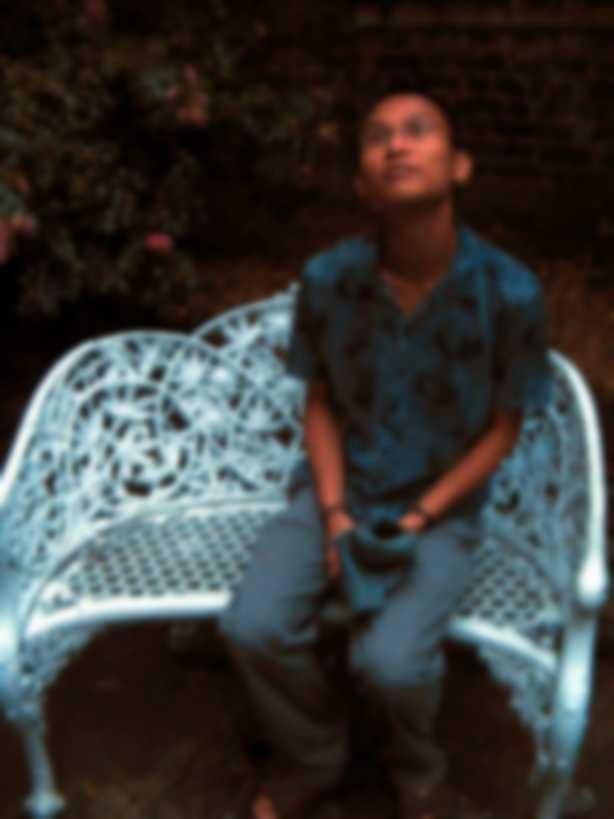Friedman on Singapore (NYT)
Still Eating Our Lunch
By THOMAS L. FRIEDMAN
Published: September 16, 2005
Singapore
Singapore is a country that takes the Internet seriously. Last week its Ministry of Defense granted a deferment for the country's compulsory National Service to a Singaporean teenager so he could finish competing in the finals of the World Cyber Games - the Olympics of online war games.
Being a tiny city-state of four million, Singapore is obsessed with nurturing every ounce of talent of every single citizen. That is why, although its fourth and eighth graders already score at the top of the Timss international math and science tests, Singapore has been introducing more innovations into schools. Its government understands that in a flattening world, where more and more jobs can go anywhere, it's not enough to just stay ahead of its neighbors. It has to stay ahead of everyone - including us.
Message to America: They are not racing us to the bottom. They are racing us to the top.
As Low-Sim Ay Nar, principal of Xinmin Secondary School, explained to me, Singapore has got rote learning down cold. No one is going to outdrill her students. What it is now focusing on is how to develop more of America's strength: getting Singaporean students and teachers to be more innovative and creative. "Numerical skills are very important," she told me, but "I am now also encouraging my students to be creative - and empowering my teachers. ... We have been loosening up and allowing people to grow their own ideas."
She added, "We have shifted the emphasis from content alone to making use of the content" on the principle that "knowledge can be created in the classroom and doesn't just have to come from the teacher."
Toward that end, some Singapore schools have adopted a math teaching program called HeyMath, which was started four years ago in Chennai, India, by two young Indian bankers, Nirmala Sankaran and Harsh Rajan, in partnership with the Millennium Mathematics Project at Cambridge University.
With a team of Indian, British and Chinese math and education specialists, the HeyMath group basically said to itself: If you were a parent anywhere in the world and you noticed that Singapore kids, or Indian kids or Chinese kids, were doing really well in math, wouldn't you like to see the best textbooks, teaching and assessment tools, or the lesson plans that they were using to teach fractions to fourth graders or quadratic equations to 10th graders? And wouldn't it be nice if one company then put all these best practices together with animation tools, and delivered them through the Internet so any teacher in the world could adopt or adapt them to his or her classroom? That's HeyMath.
"No matter what kind of school their kids go to, parents all over the world are worried that their kids might be missing something," Mrs. Sankaran said. "For some it is the right rigor, for some it is creativity. There is no perfect system. ... What we have tried to do is create a platform for the continuous sharing of the best practices for teaching math concepts. So a teacher might say: 'I have a problem teaching congruence to 14-year-olds. What is the method they use in India or Shanghai?' "
Singaporean math textbooks are very good. My daughter's school already uses them in Maryland. But they are static and not illustrated or animated. "Our lessons contain animated visuals that remove the abstraction underlying the concept, provide interactivity for students to understand concepts in a 'hands on' manner and make connections to real-life contexts so that learning becomes relevant," Mrs. Sankaran said.
HeyMath's mission is to be the math Google - to establish a Web-based platform that enables every student and teacher to learn from the "best teacher in the world" for every math concept and to also be able to benchmark themselves against their peers globally.
The HeyMath platform also includes an online repository of questions, indexed by concept and grade, so teachers can save time in devising homework and tests. Because HeyMath material is accompanied by animated lessons that students can do on their own online, it provides for a lot of self-learning. Indeed, HeyMath, which has been adopted by 35 of Singapore's 165 schools, also provides an online tutor, based in India, to answer questions from students stuck on homework.
Why am I writing about this? Because math and science are the keys to innovation and power in today's world, and American parents had better understand that the people who are eating their kids' lunch in math are not resting on their laurels.


1 Comments:
Hmm.. first time see friedman write on such topics, though its quite common on NYT op-ed.
Thot it would be from Krugman or the guy with the Chinese wife (sorry ah, the name slipped my mind).
Friedman did write something on a similar line on India though.. i think...
Call me when you are free leh.. I might be available this weekend.
How r u coping with being in Singapore?
7:34 pm
Post a Comment
<< Home